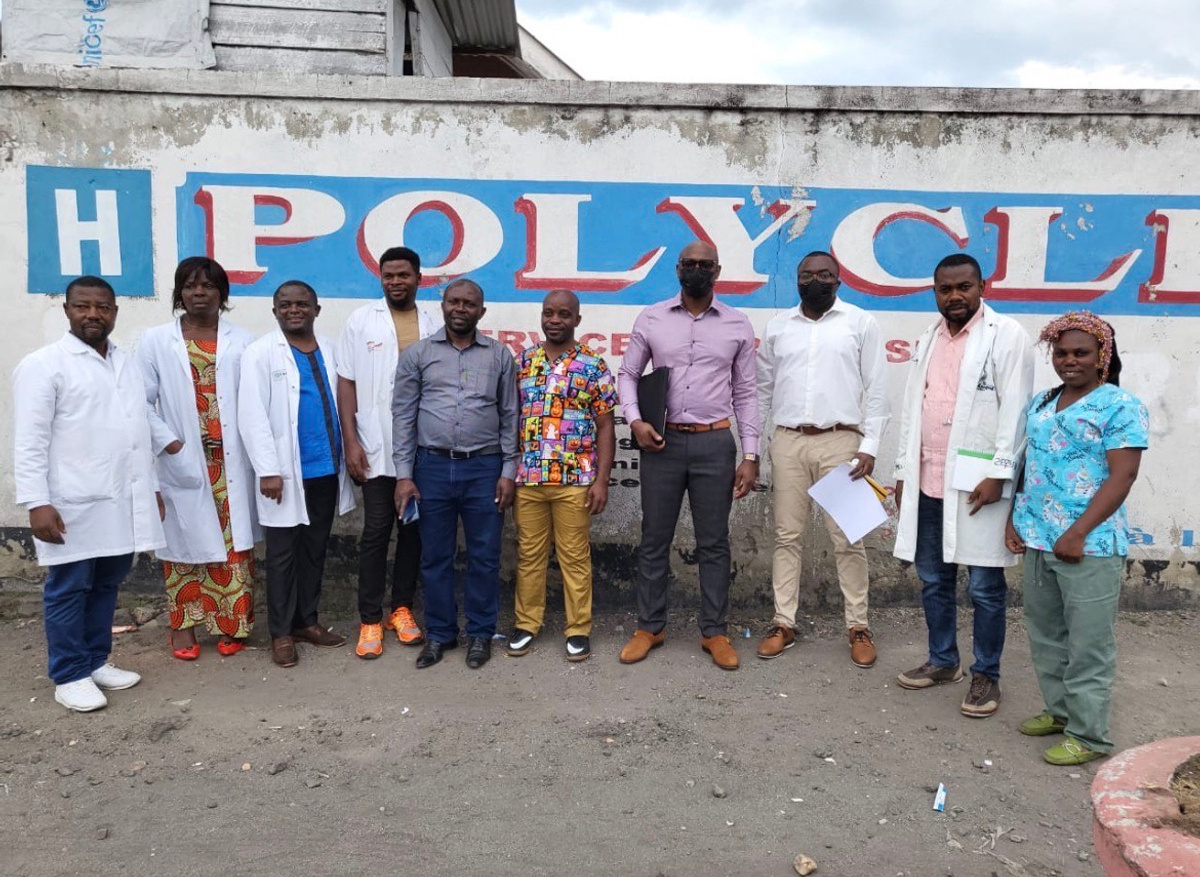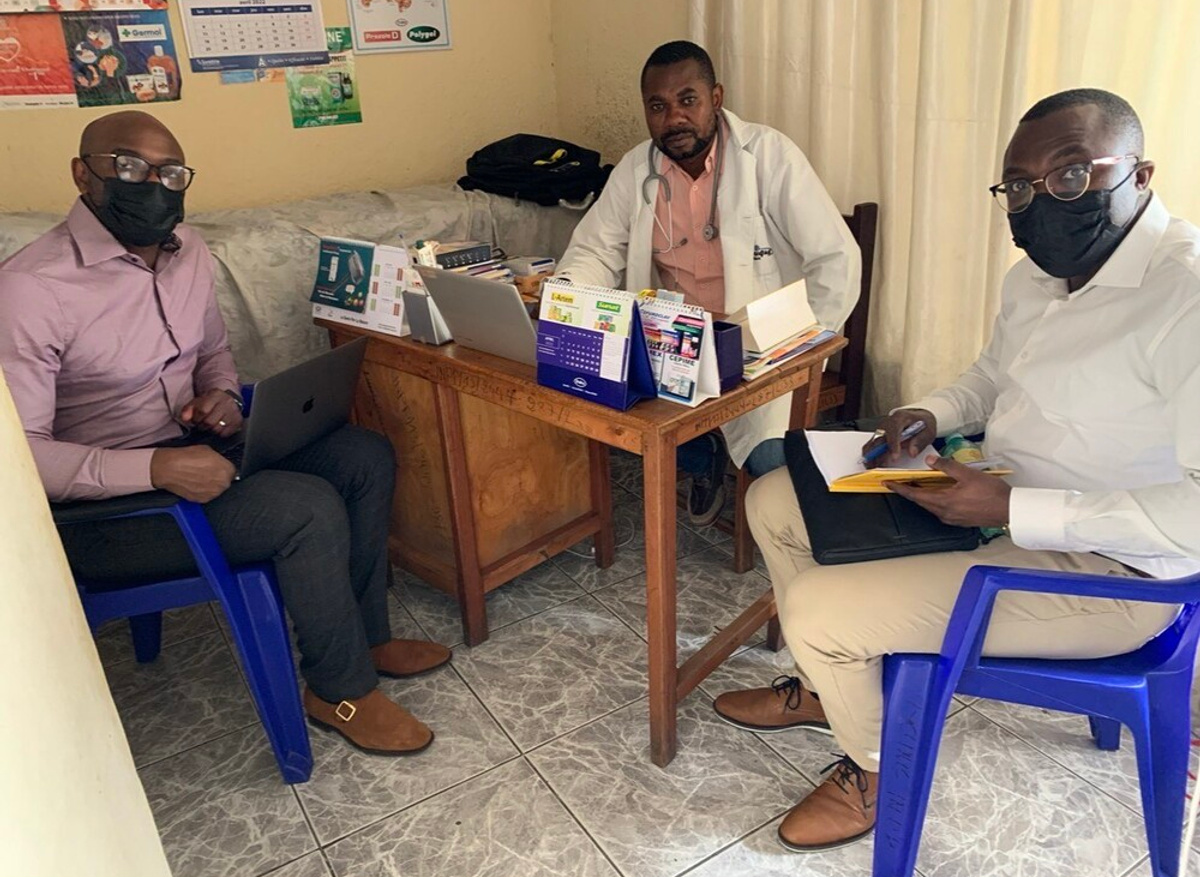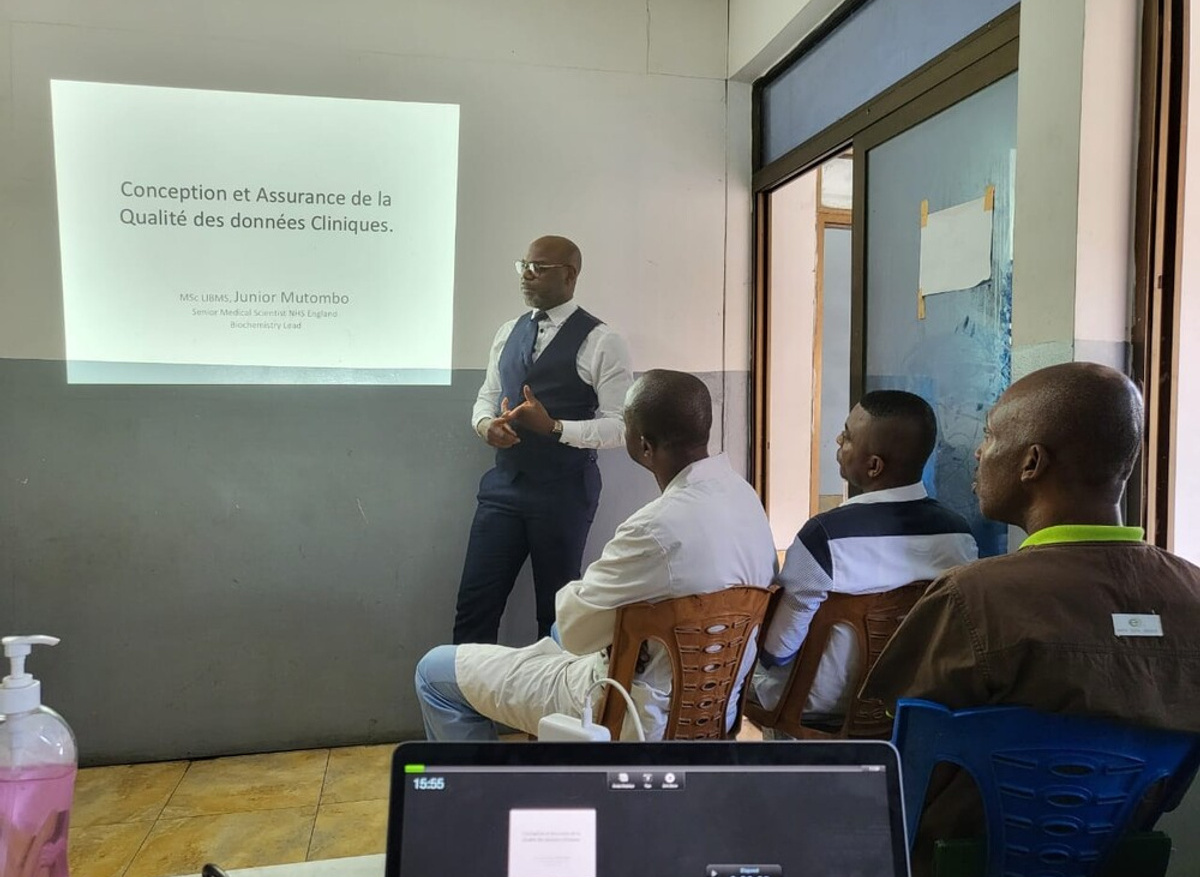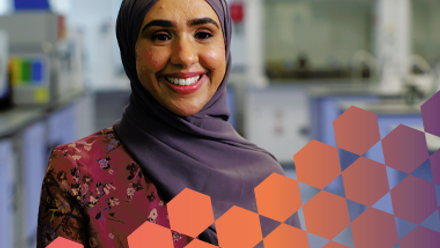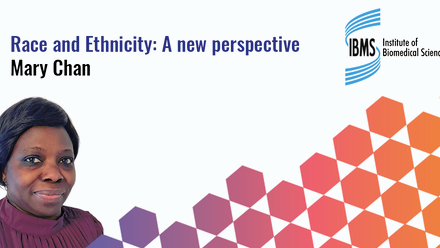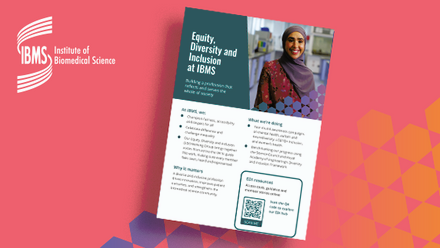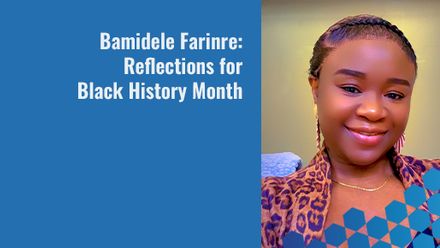Black History Month: Empowering Biomedical Scientists Beyond Borders
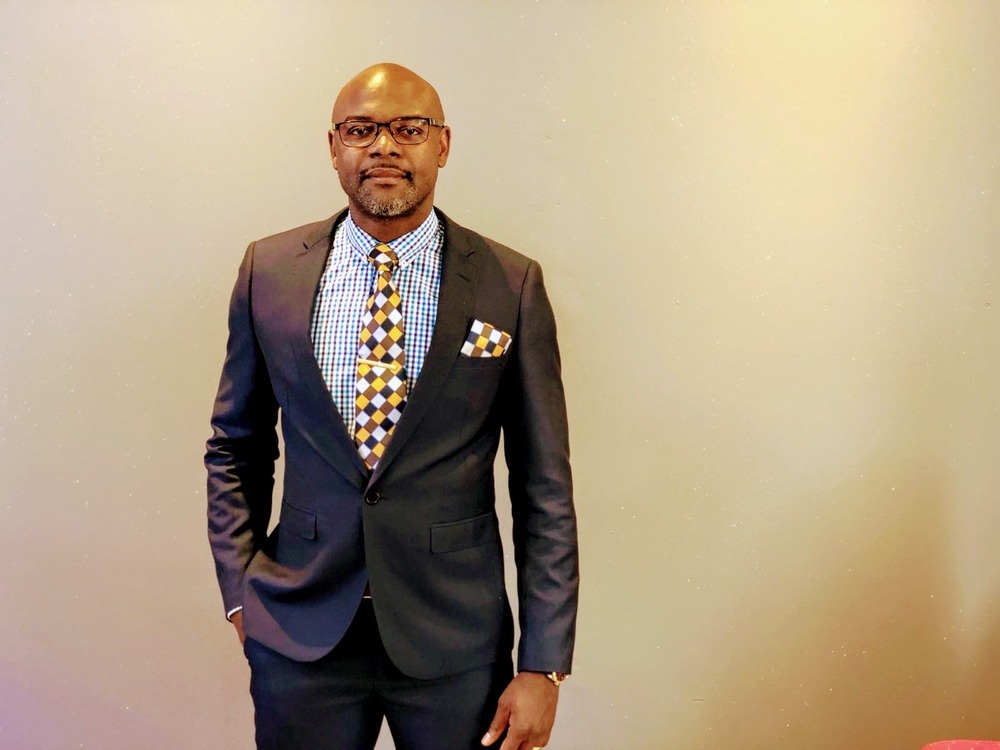
The third story in our Black History Month series takes us beyond borders. In this feature, Consultant Biomedical Scientist Junior Mutombo Nsumpi reflects on his work supporting laboratories across Africa, showing how quality and leadership can flourish even in challenging conditions.
Written by Junior Mutombo Nsumpi
Consultant Biomedical Scientist/ Biochemistry and Training Lead
NB Medicare LTD
Across Africa, thousands of biomedical scientists work tirelessly in laboratories where electricity is unreliable, supplies are limited, and equipment is often outdated. Yet, despite these challenges, they continue to deliver services for patients and save lives. Their dedication represents the essence of resilience, professionalism, and scientific excellence — qualities that Black History Month seeks to celebrate and amplify.
For me, Black History Month is more than a commemoration of the past. It is a reminder of our shared responsibility to build the future — one where every biomedical scientist, regardless of geography or circumstance, has access to the tools, training, and recognition they deserve. My professional journey has been shaped by that belief.
After many years working in the National Health Service (NHS) in the UK as a Senior Biomedical Scientist and Training Lead, I realised that many laboratories across Africa were striving to achieve international standards such as ISO 15189, but lacked practical guidance suited to their unique environments. As an advocate of implementing Quality Management Systems in limited-resource laboratories, this gap inspired me to create Quality Without Borders, a simplified Quality Management System (QMS) toolkit designed to help laboratories implement quality standards without the need for expensive equipment or external consultants.
The principle behind it is simple: QMS is not a luxury — it’s a mindset.
Even the most modest laboratory can apply the same principles of accuracy, documentation, and continuous improvement found in world-class institutions. Through Quality Without Borders, I train scientists to use standard operating procedures (SOPs), conduct internal quality control using available materials, and track errors to identify areas for learning and improvement.
When scientists truly understand quality systems, they stop working mechanically and start thinking critically. They begin asking the right questions:
Was this sample handled properly? Can I trust this result before it reaches the clinician? What system weakness allowed this error, and how do I prevent it? That transformation — from compliance to critical thinking — is what true scientific empowerment looks like.
Through mentorship and training sessions across Africa, I have met hundreds of scientists whose stories deserve global recognition. I have visited rural hospitals where a single laboratory scientist manages every department — haematology, microbiology, and chemistry — yet still ensures that every test result is verified before release. I have seen technicians who, despite lacking internet access, maintain handwritten SOPs with remarkable precision and pride. These professionals are the unsung heroes of healthcare, and their contribution to diagnostic quality is profound.
Black History Month offers a vital opportunity for the biomedical science community — both in Africa and globally — to reflect on these realities. It is a time to celebrate the excellence that thrives even under constraint, and to acknowledge the scientists who uphold standards without fanfare or advanced technology. Their perseverance continues the legacy of Black scientists and innovators throughout history who transformed limitation into innovation.
Representation in biomedical science has improved over the years, but inclusion must go beyond numbers. It must empower Black and African scientists to lead research collaborations, shape quality frameworks, and mentor the next generation. Through my own mentorship work, I have seen how visibility matters: when young scientists see someone who looks like them leading workshops, publishing, and contributing internationally, it redefines what they believe is possible.
I often remind my trainees that quality isn’t about equipment — it’s about systems, mindset, and purpose. A well-trained mind can detect an error long before it reaches a patient. Knowledge, not machinery, sustains accuracy and trust. And that, ultimately, is the message of Black History Month — celebrating the power of knowledge as a force for liberation, equality, and excellence.
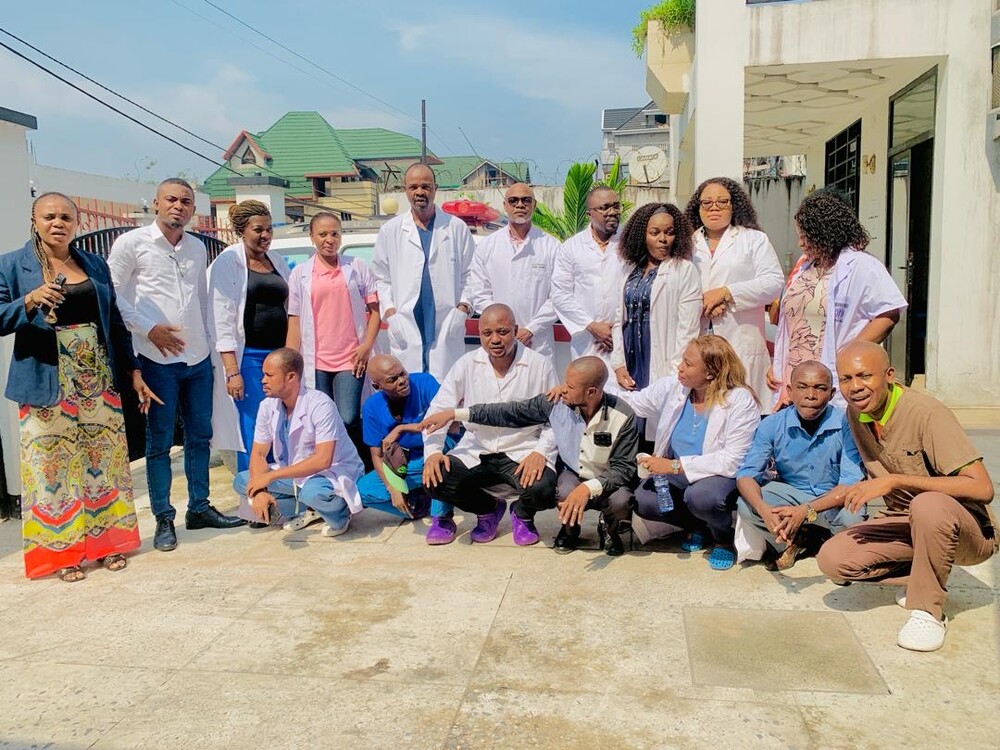
As we reflect this month, I hope we also look forward, to a future where African biomedical scientists are not just catching up to global standards but helping to define them. Every accurate result issued from a resource-limited lab, every student mentored to think critically, and every quality system implemented against the odds is a victory not only for that institution, but for the entire global biomedical community.
Because every test result is a decision, and every decision deserves quality.
We would like to thank Junior Mutombo Nsumpi for sharing his reflections and for his ongoing work to support and empower biomedical scientists across Africa.

